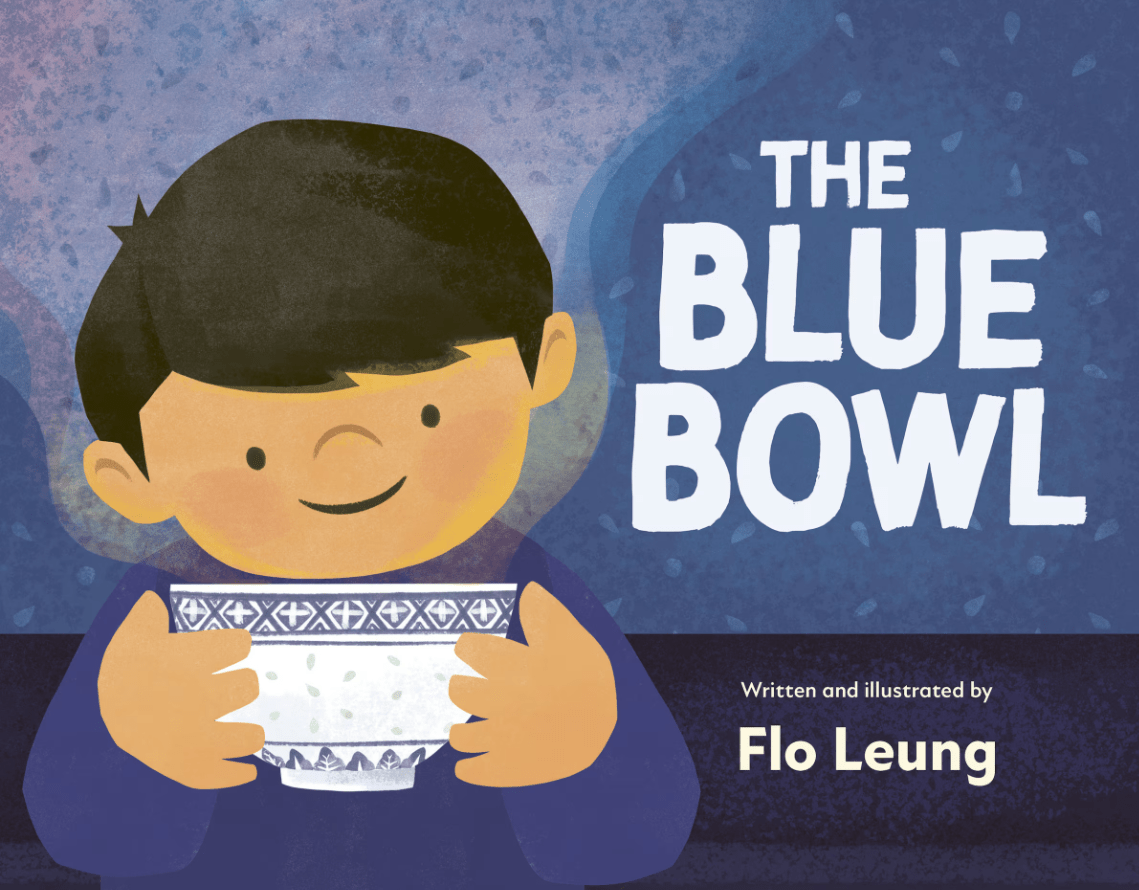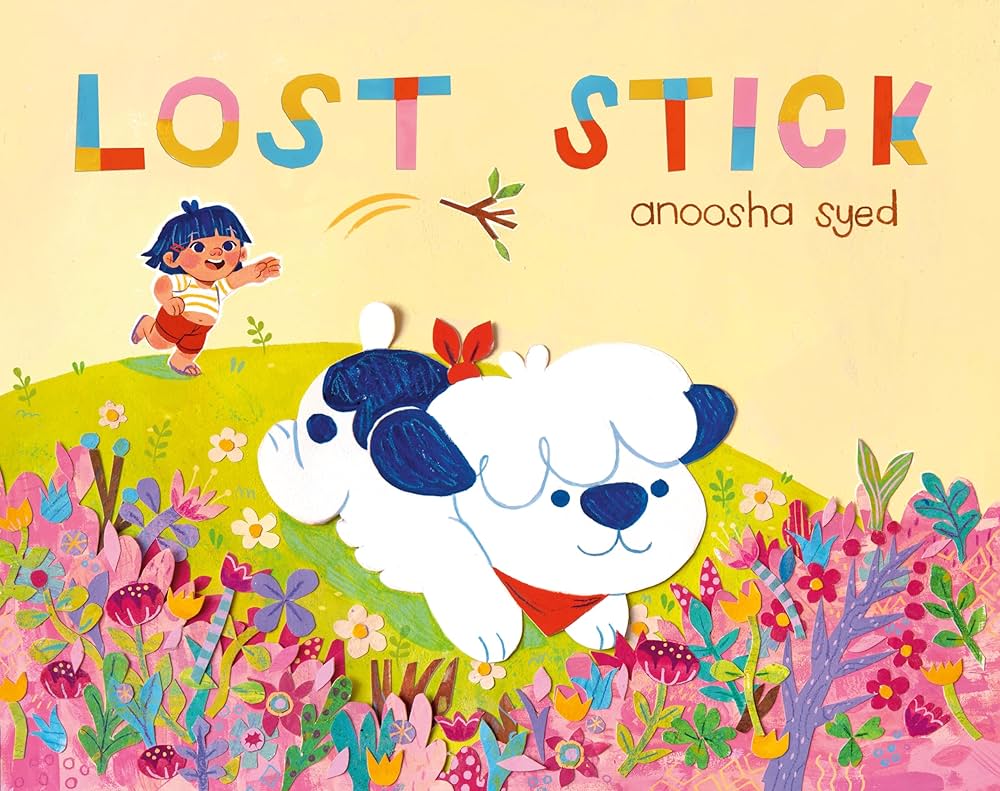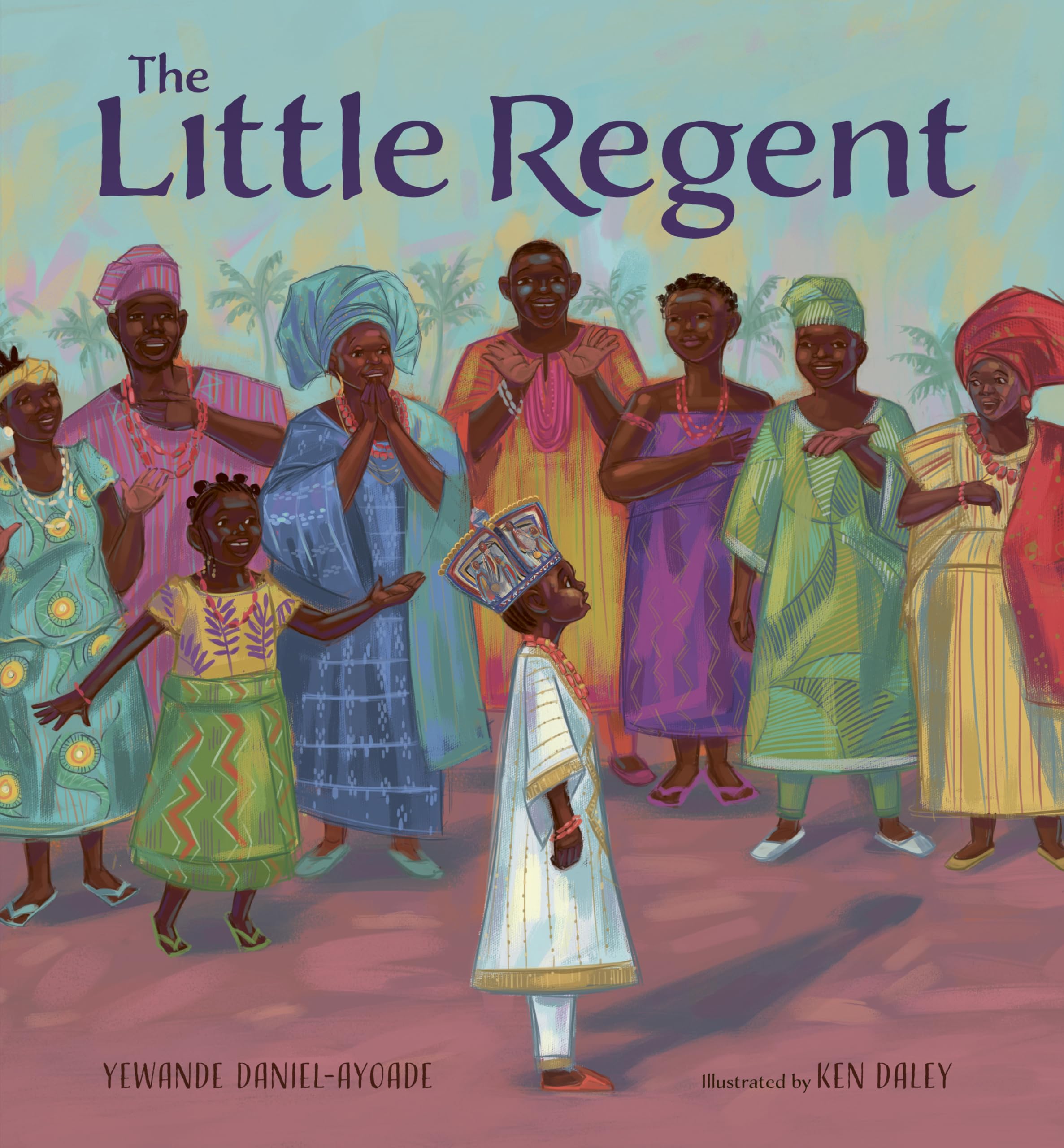Picture books are key to every child’s learning development. They help children recognize letters and new words. But they can also go beyond teaching simple literacy skills. They can open the door to new thoughts and ideas. They can encourage children to think about the world in new ways.
The Blue Spruce Award nominees of the Forest of Reading program feature ten different picture books written by Canadian authors that showcase different cultures and themes. Here are three of my favourites from this year’s list of nominees. (See a full list of nominees below or visit our Forest of Reading page.)

The Blue Bowl
by Flo Leung
Everyone has their favourite foods. Max has his favourite dishes. It’s a blue and white set of dishes from his grandparent’s kitchen. Max knows the bowls will be filled with yummy dumplings, gai lan greens and steamed rice. He also likes other foods too – like spaghetti and meatballs. When his birthday comes around, he is excited to find the blue and white bowls filled with both his favourite meals.
This is a sweet story that will bring up discussions about cultural foods, favourite dishes and what kind of birthday cake is the best. It is a great way to illustrate multigenerational traditions.
View Book
Lost Stick
by Anoosha Syed
Louise loves Milo. Milo would do anything for Louise. One day Louise finds a stick. She keeps throwing it and telling Milo to go get it. But one time the stick gets thrown too far and Milo can’t find it. He looks everywhere in the park, the town, the subway, his journey takes him across the land. He doesn’t realize that Louise doesn’t care about the stick, she just wants Milo to come home.
This is a sweet story about the friendship between a girl and her dog. The bright pictures make it a great choice for younger readers. There is a lot of detail on each page that allows children to search for clues to Milo’s journey.
View Book
Eerie Tales from the School of Screams
by Yewande Daniel-Ayoade
Abioye is regent. The chiefs are not pleased. They think an eight-year-old girl should not rule their West African tribe. Abioye’s father was King but he died without a male heir. This means Abioye will rule until her people choose a new King. She remembers the wise words her father taught her: “Those who will rule must first learn to serve.” She meets with the villagers and finds different ways to help them. Abioye becomes so loved that the villagers want to make her King instead.
Geared for older children, this story offers a journey into another culture with vibrantly coloured illustrations. The detail in the pictures brings to life the spirit of Abioye and the Yoruba tribe.
View Book